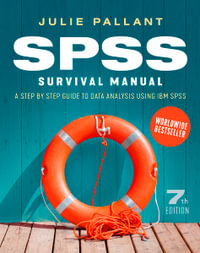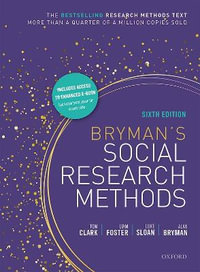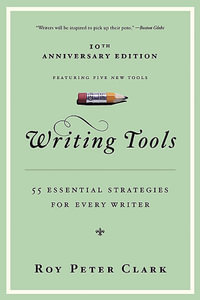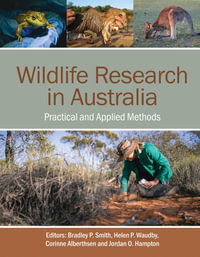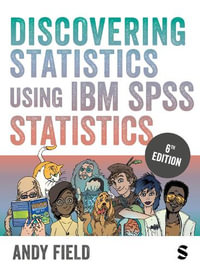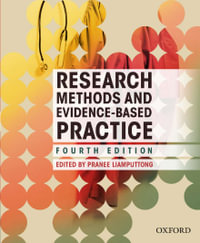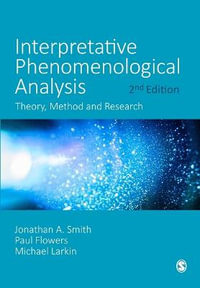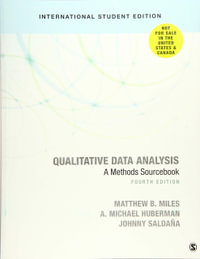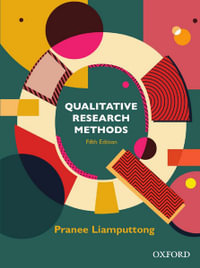
Social Measurement through Social Surveys
An Applied Approach
By: Julie Gibbs, Martin Bulmer (Editor)
Paperback | 28 May 2010 | Edition Number 1
At a Glance
Paperback
RRP $96.99
$86.99
10%OFF
Ships in 5 to 6 business days
ISBN: 9780754674887
ISBN-10: 0754674886
Published: 28th May 2010
Format: Paperback
Language: English
Number of Pages: 250
Audience: Professional and Scholarly
Publisher: Taylor & Francis Ltd
Country of Publication: GB
Edition Number: 1
Edition Type: New edition
Dimensions (cm): 23.4 x 15.6 x 1.35
Weight (kg): 0.35
Shipping
| Standard Shipping | Express Shipping | |
|---|---|---|
| Metro postcodes: | $9.99 | $14.95 |
| Regional postcodes: | $9.99 | $14.95 |
| Rural postcodes: | $9.99 | $14.95 |
Orders over $79.00 qualify for free shipping.
How to return your order
At Booktopia, we offer hassle-free returns in accordance with our returns policy. If you wish to return an item, please get in touch with Booktopia Customer Care.
Additional postage charges may be applicable.
Defective items
If there is a problem with any of the items received for your order then the Booktopia Customer Care team is ready to assist you.
For more info please visit our Help Centre.
You Can Find This Book In
This product is categorised by
- Non-FictionSociology & AnthropologySociologySocial Research & Statistics
- Non-FictionEducationOrganisation & Management of EducationExaminations & Assessment
- Non-FictionSocial Services & WelfareSocial Welfare & Social Services
- Non-FictionReference, Information & Interdisciplinary SubjectsResearch & InformationResearch Methods
- Non-FictionMedicineMedicine in GeneralPublic Health & Preventive MedicinePersonal & Public Health / Health Education
- Non-FictionLawLaws of Specific JurisdictionsCriminal Law & Procedure
- Non-FictionSociology & AnthropologySociologySocial Theory
- Non-FictionLibrary & Info Sciences
- Non-FictionPsychology
- Non-FictionPolitics & GovernmentPublic Administration






